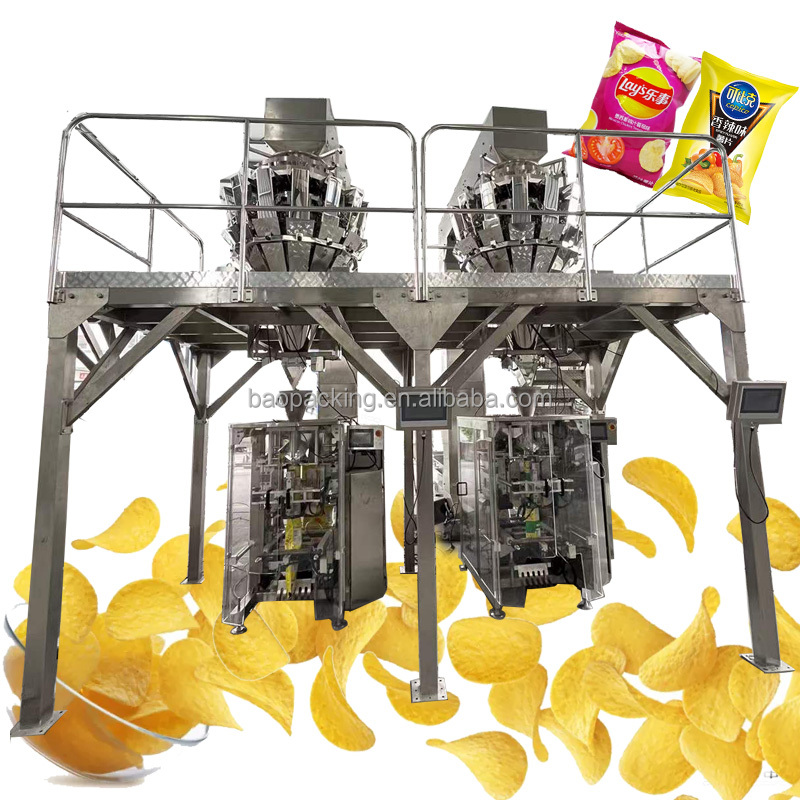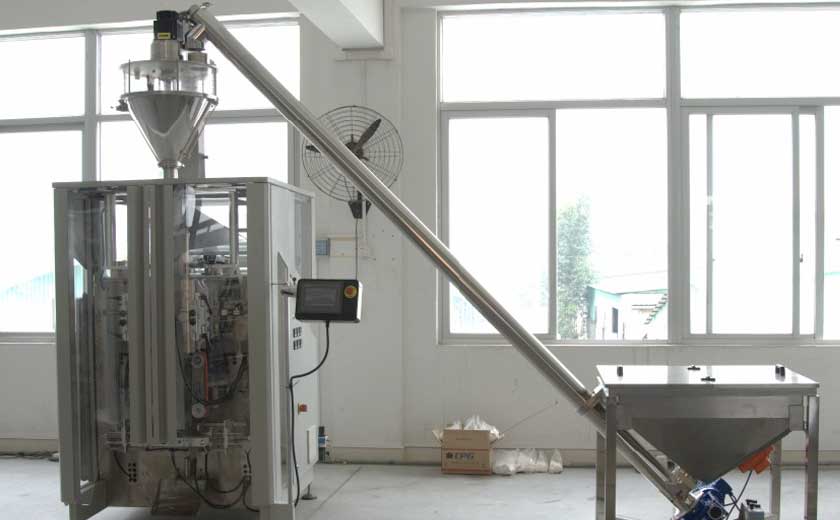When to Incorporate Smart Technology into Your Tomato Paste Production
Introduction
In today’s competitive food processing industry, optimizing production processes is crucial to remain profitable. Smart technology offers immense potential to revolutionize tomato paste production, enabling manufacturers to enhance efficiency, reduce costs, and improve product quality. However, the decision of when to incorporate smart technology into your operations requires careful consideration and planning. This article explores the key factors to help you determine the optimal timing for implementing smart technology in your tomato paste production line.
Readiness of Your Production Line
Before embracing smart technology, it is essential to assess the readiness of your existing production line. Consider the following:
Operational stability: Your production line should be running smoothly and consistently without significant downtime. Incorporating smart technology into an unstable line can amplify inefficiencies and create additional challenges.
Data availability: Smart technology relies on data to operate and generate insights. Ensure you have a robust data collection and analysis system in place to support the integration of smart devices.
Employee skillset: Your team will need to be adequately trained to operate and maintain smart technology. Assess their current technical capabilities and identify any gaps that need to be addressed.
Return on Investment (ROI)
The potential ROI of smart technology should be a primary consideration. Evaluate the following:
Increased efficiency: Smart technology can optimize equipment utilization, reduce waste, and streamline processes, leading to significant cost savings.
Improved product quality: Automated quality control systems can detect and remove imperfections, ensuring a consistent and high-quality product.
Reduced labor costs: Smart devices can automate repetitive tasks, freeing up employees for more value-added activities.
Increased production capacity: By optimizing line performance, smart technology can expand production capacity without significant capital investments in new equipment.
Integration with Existing Systems
Smart technology should seamlessly integrate with your existing production systems to maximize its effectiveness. Consider the following:
Compatibility: Ensure that the smart devices you select are compatible with your current equipment and software.
Data integration: Smart technology should be able to exchange data effectively with your enterprise resource planning (ERP) system and other relevant applications.
Cybersecurity: Smart devices should be designed with robust cybersecurity measures to protect against potential vulnerabilities.
Availability of Technology and Expertise
The availability of suitable smart technology and experienced implementation partners is crucial. Consider the following:
Market maturity: The maturity of the smart technology market directly impacts the availability of reliable and cost-effective solutions.
Vendor capabilities: Choose vendors with proven expertise in the food processing industry and a strong track record of successful smart technology implementations.
Support and maintenance: Ensure you have access to ongoing support and maintenance from your vendor to minimize downtime and optimize performance.
The decision of when to incorporate smart technology into your tomato paste production is complex and requires careful consideration of multiple factors. By assessing your production line readiness, evaluating the potential ROI, ensuring integration with existing systems, and considering the availability of technology and expertise, you can make an informed decision that aligns with your business objectives and sets you up for success in the future.
-

Overview of Packaging Machine Buying Guides
08-01-2024 -

How Does a Vertical Form Fill Seal Machine Work?
30-10-2023 -

Advancements in Auger Powder Filling Technology
27-10-2023 -

A Deep Dive into Automatic Packaging Machines
26-10-2023 -

The Revolutionary Fully Automatic Potato Chips Packaging Machine
20-09-2023 -

How to choose the right packaging machine?
23-08-2023 -

Reducing Waste And Maximizing Yield With Multihead Weigher Machines
15-03-2023 -

Nuts Packaging Machine for Dry Products Perservation
26-11-2022 -

Is Automated Biscuit Packaging Machine Better Than Manual Opeartion?
25-11-2022





